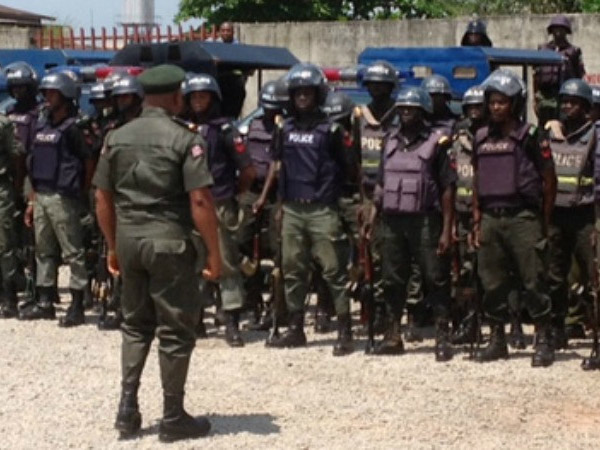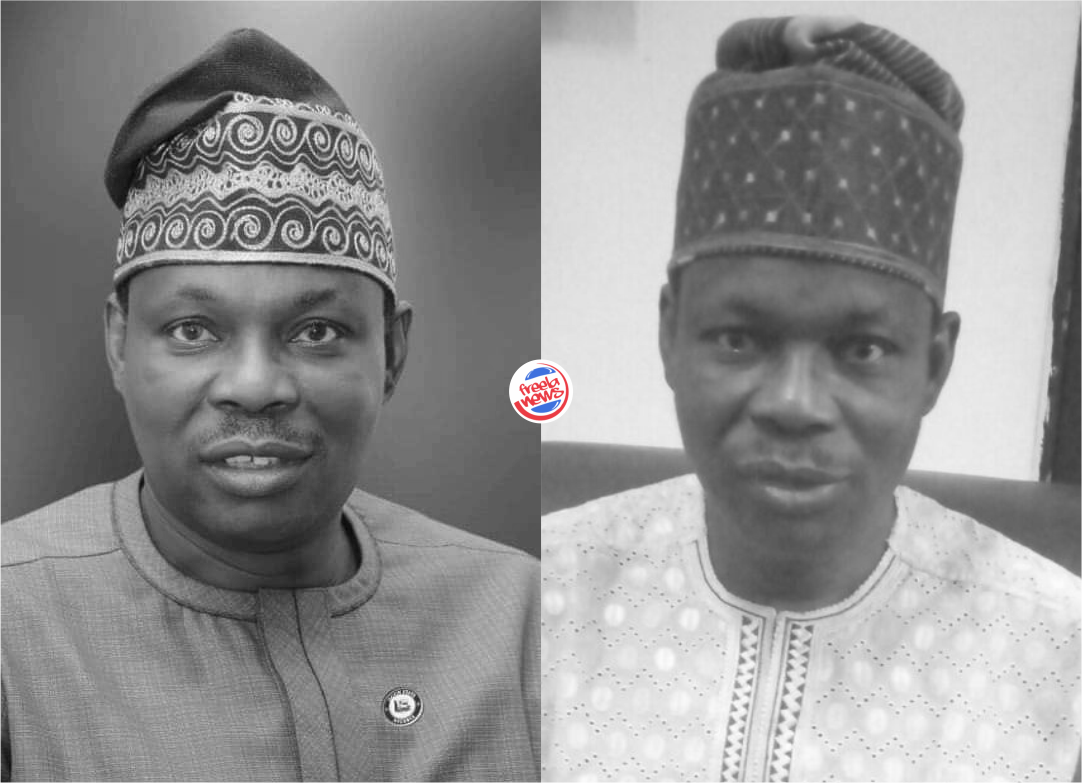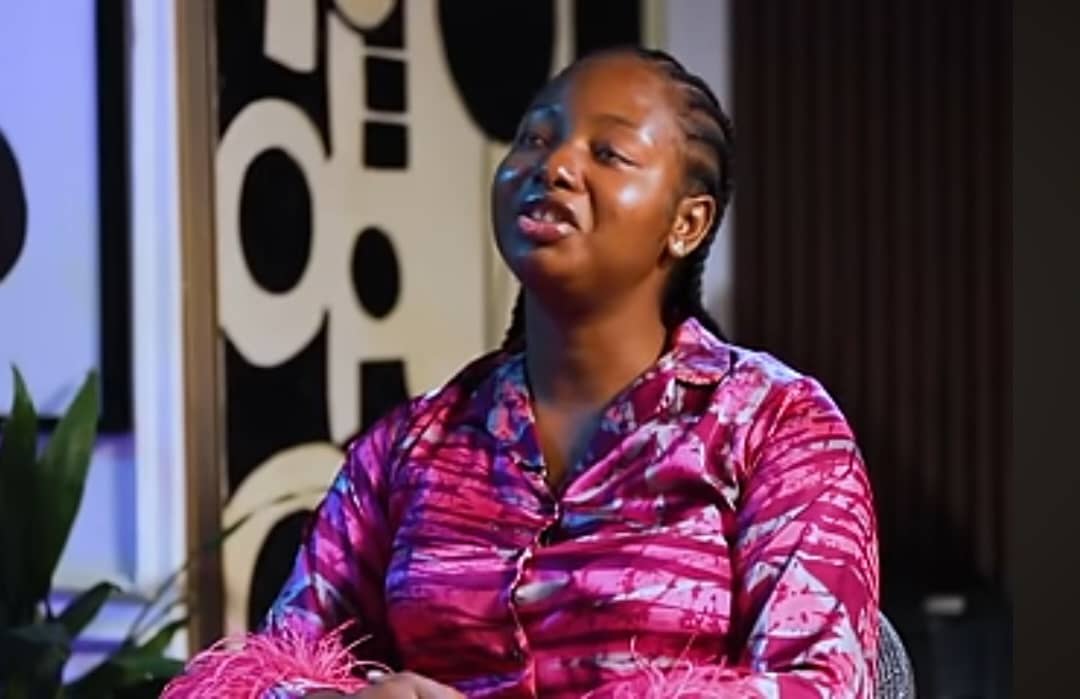A former correctional officer, Kabir Abdullahi, has written an open letter to the National Assembly through the chairman on National Security and Intelligence Committee, Hon. Sha’aban Ibrahim Sharada, detailing the rot in the Nigerian Correctional Service.
In the open letter being circulated online, Abdullahi revealed that the paramilitary organisation, which falls under the ministry supervised by Ogbeni Rauf Aregbesola, has fallen short of the objectives responsible in setting it up.
He listed weak criminal justice system, refusal of governors to sign death warrants, poor conditions of service and total absence of modern technology as some of the factors militating against the successful operations of the organisation.
Abdullahi insisted that before government could set up any committee to look into the circumstances leading to the successful attack on Kuje Custodial Centre in July 2022, those factors he listed should be critically examined.
Read full letter below.
Hon. Sha’aban Ibrahim Sharada,
Chairman, National Security and Intelligence Committee,
National Assembly,
Three Arms Zone,
Federal Capital Territory,
Abuja.Sir,
AN OPEN LETTER: NIGERIAN CORRECTIONAL SERVICE, WHERE THE PROBLEMS LIE?
The Nigerian Correctional Service (NCOS) is a paramilitary organisation that falls under the supervision of the Ministry of Interior. The organisation is saddled with the mandates of keeping humane and safe custody of all incarcerated inmates; reformation, rehabilitation and reintegration of all lawbreakers back into society; and the effective management of non-custodial institutions and other institutions such as borstal schools. Unfortunately, the aforementioned objectives have not been adequately achieved. The factors that have hampered the successful operations of this organisation are multifaceted. And, even though the Federal and State Governments are very much aware of these factors, no satisfactory commitments have been made to deal with these organisational challenges. This is because the governments have either refused to take the bull by the horns or due to the underlying problems associated with the criminal justice system. Thus, this open letter hopes to bring out the institutional conundrums bedevilling the Nigerian Correctional Service.
Weak criminal justice system: Doubtless, Nigeria’s criminal justice system is not as effective as it ought to be in the discharge of its constitutional mandates. The consequences of this inefficiency in the system are entirely shifted to the Nigerian Correctional Service. These inefficiencies manifest themselves in the form of overcrowding, riots, etc. Specifically, for example, more often than not, the Nigeria Police prosecute cases before the courts whose investigations have not been completed. This, subsequently, leads to congestion at the custodial centres by way of generating a large number of Awaiting Trial Males or Females (ATMs or ATFs). Sometimes, delayed recommendations on cases being prosecuted before the courts also lead to delayed convictions, thereby causing a large number of ATMs and ATFs. In some instances, some cases may linger for as long as five to eight or even ten years before convictions are secured. As I write this letter, a significant number of persons incarcerated at different custodial centres are ATMs and ATFs. Regrettably, only the correctional officers bear the harsh consequences of this unfortunate overcrowding. Amazingly, when these overcrowded ATMs and ATFs become serious threats to national security, the blame is explicitly shifted to the Nigerian Correctional Service, not the Nigerian Police or the Nigerian Judiciary that has directly caused the congestion.
Refusal of the state governors to sign death warrants: Today, in Nigeria, there are thousands of condemned prisoners (those who have not appealed their cases, and those who have appealed and lost even at the Supreme Court) languishing at different custodial centres waiting for the governors to append signatures on their death warrants so that they face straight-out executions. Some of these condemned-to-death prisoners waiting for their death modes to be activated include Boko Haram terrorists, bandits, armed robbers, kidnappers, murderers and more. Therefore, for these condemned convicts to be killed, state governors from which the offences were committed are the only authorities authorised by the law to sign their death warrants before they can be knocked off. Unfortunately, the state governors are less inclined to sign these death warrants. As such, as a result of their refusal to perform their constitutional duties, the Nigerian Correctional Centres end up having a large number of condemned prisoners on death row. Thus, this problem remains one of the driving factors behind the recent attack on the Kuje Custodial facility. The key questions are, for what justifiable reasons should the judiciary keep as large as 64 Boko Haram terrorists in one facility? And, since many of them have been waiting for their death sentences to be confirmed through execution, why have they not been executed? Indirectly, this judicial administrative failure proves that the government has created security problems for itself by keeping these assailants alive and continuing to provide them with food, shelter and medicare. In essence, had it been that they were not kept alive and in one facility, the attack wouldn’t have happened. And, even if it had happened, the unfortunate aftermath of the attack would not be as grave as we witnessed it. Similarly, the internal security of custodial centres is always sufficiently maintained by correctional officers. That means to say jailbreaks or escapes from lawful custody do not happen as a result of the failure of the internal security settings within the correctional facilities. Instead, they primarily occur through external attacks. And, these attacks are to be thwarted by all other security agencies, not only by a few armed squads that guard the custodial facilities with less sophisticated arms. Still, more pointedly, concerning Kuje Custodial invasion, despite the unconfirmed reports that intelligence reports revealed that the facility would come under attack, other security agencies refused to respond to the attack on time and which gave the attackers an adequate opportunity to succeed in their diabolical mission.
Poor conditions of service: One predominant problem affecting the Nigerian Correctional Service is horrendous conditions of services. Starting from salaries and other allowances, the personnel of the organisation receive salaries that cannot satisfy their basic needs. They live from hands to mouths. To escape poverty, some of them resort to indiscriminate borrowing from conventional financial institutions or otherwise. In the end, their financial condition becomes worrisome. This poor financial status of the correctional officers affects the overall productivity of the service. In truth, there is no way someone who is completely conquered by poverty will have the courage in submitting his life to any potential danger in the name of public service. Correctional officers also use their salaries to buy uniforms, service shoes, berets, lanyards, badges, whistles, name tags and belts. In point of fact, the government prioritises the welfare of detained inmates over that of the correctional personnel. Hence, to make correctional service more effective, the government must look into the welfare of the correctional officers and improve it significantly. The issue of promotion also is another worrisome topic that has been negatively affecting the performance of correctional officials. While I write this piece, correctional officers have no guarantee of being promoted no matter how productive, educated or intelligent they are. Also, they have no certainty of getting promotions no matter how long they stay in one rank. For example, among my colleagues that got their last promotion in 2017, none of them has gotten a promotion from Katsina State in the recently released promoted names. Again, in Kano, amongst them, only five officers have been promoted to the next rank. The same applies to the set of other colleagues who got their last promotion in 2016 and still remain in the same rank. Then, the question is, how do you expect an officer whose morale has been seriously dampened by lack of career progression to work with maximum sacrifice and productivity? Thence, unless improvements are made in the aspect of promotion and other welfare packages, the service will continue to remain incapable of carrying out its constitutional role with utmost productivity.
Dearth or absence of installed technologies such as closed-circuit television or CCTV cameras in the custodial facilities: It is rather unfortunate that in most custodial centres no CCTV cameras are mounted at strategic locations of the facilities that will capture all the happenings within and outside of the facilities. Similarly, jammers that can block or interrupt wireless communications are not installed in most of the facilities. The absence of these gadgets assists the detained inmates in making calls with their partners of crime in the outside world by using phones that are illegally smuggled into the facility. This plays a significant role in making planned attacks on custodial facilities a success. Regrettably, even at the Kuje Custodial Centre, these essential facilities are not installed.
In all, for the government to set any committee to look into the circumstances that have led to the successful attack on Kuje Custodial Centre, the committee should as well look into the serious poor conditions of service, poor logistics, etc., that have been negatively affecting the overall performance of the service. The committee should also assess the poor inter-security agencies’ support during attacks in order to come up with fruitful recommendations that could forestall the future recurrence of this national tragedy. May Allah make Nigeria to be a secure country.
Yours sincerely,
Kabir Abdullahi, the ex-Correctional Officer, writes from Kano.
Can be reached at: akabir604@gmail.com

Ojelabi, the publisher of Freelanews, is an award winning and professionally trained mass communicator, who writes ruthlessly about pop culture, religion, politics and entertainment.
























